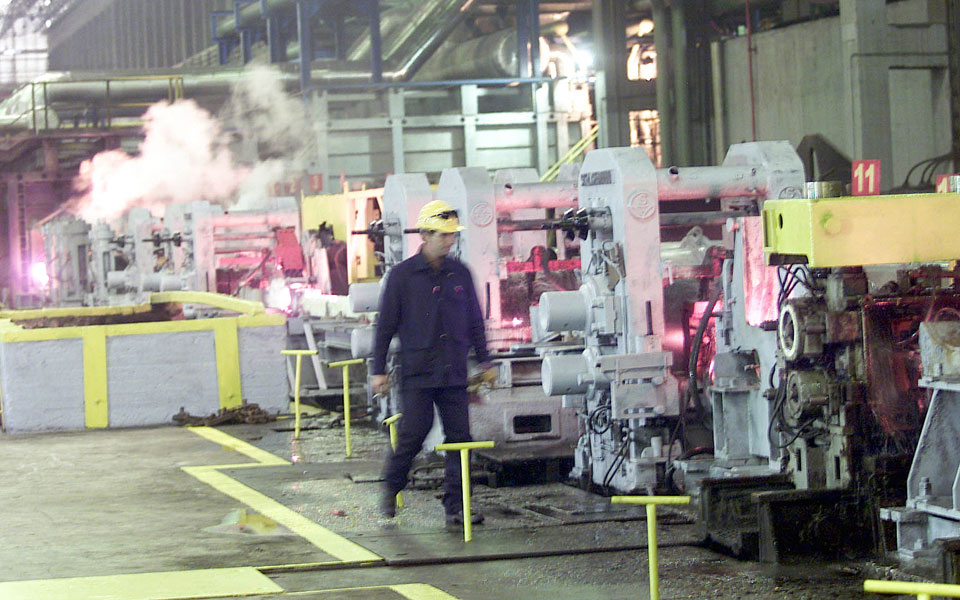Greece slips further on global competitiveness chart

While the improvement of macroeconomic indicators and the gradual restoration of financial stability are necessary for increasing Greek economy’s competitiveness, by themselves they are not enough, and high private debt and continuing distortions in the labor market and commodity markets are weighing heavily on Greek competitiveness, according to this year’s competitiveness report by the World Economic Forum.
Although Greece emerged from the bailouts in August 2018 and its economy has started growing again, its global index position has slipped two places to 59th out of 140 countries.
Greece’s worst performance is in terms of its credit system (115th, from last year’s 114th), due to the high rate of bad loans and low financing of small and medium-sized enterprises. The other major problem is Greece’s labor market, where it ranks 111th, from 107th last year. Among the partial indexes where Greece has constantly had a low ranking in recent years is in employers’ social security contributions, which come to 28.3 percent of employers’ earnings (up from 28 percent last year).
The main field of improvement for Greece has been macroeconomic stability, where it climbed from 83rd to 64th spot.





